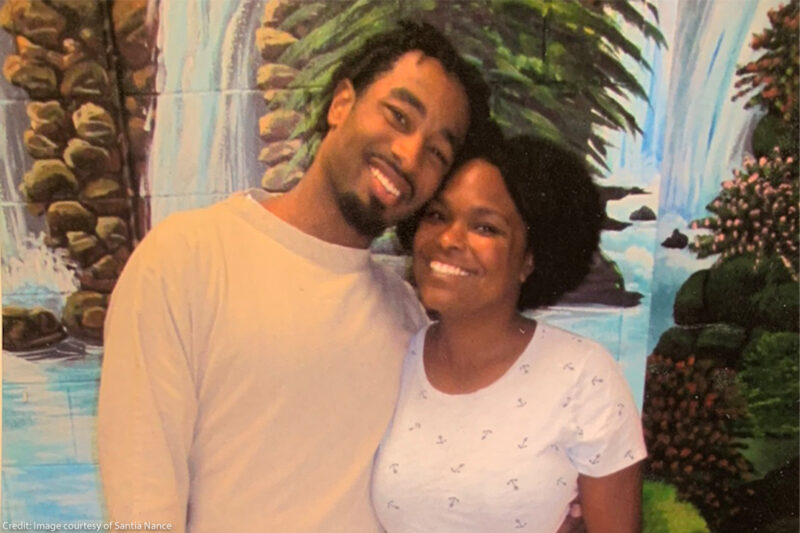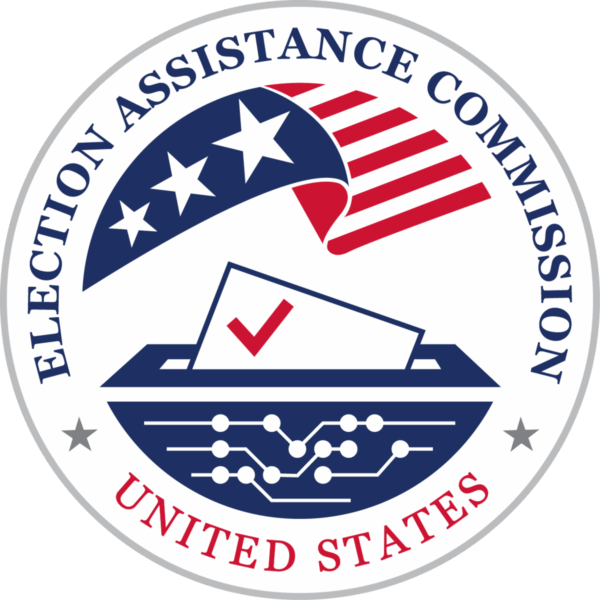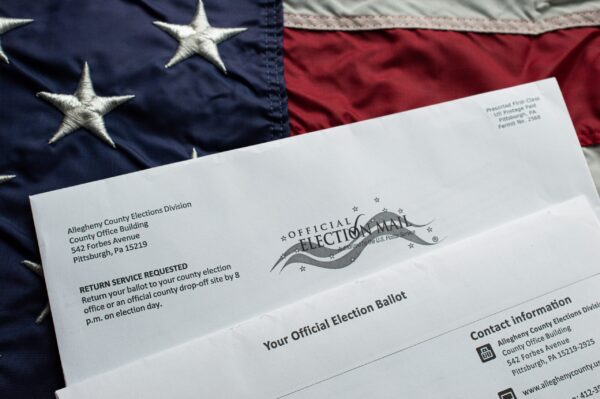Organizing Across Prison Walls to Get Out the Vote in Virginia


Leading up to November 7, my fiance and I have been busy. I’ve been organizing events and roundtables, speaking to groups, canvassing, and doing outreach to help fellow Virginians understand just how important this election is. My fiance, Quadaire, has been writing editorials and speaking to the people around him, encouraging them to ask their loved ones to vote. He does this challenging work even though he can’t vote, because he’s currently serving his 15th year in a Virginia prison, where he has been since he was 20 years old.
We are both fighting an uphill battle: Many people have lost faith in the system, don’t believe their voice matters, and don’t understand how our state government works. We know that in Black communities in particular, voter suppression has led to a distrust in the system. But as I’ve been telling anyone who will listen, voting is how your voice gets heard in a world where people are only listening to what they want to hear.
This distrust of the system was amplified when Gov. Glenn Youngkin’s administration wrongly purged 3,400 eligible voters from the state’s rolls — just weeks before this high stakes Virginia General Assembly election. These were people with felony convictions whose voting rights were restored, only to have them abruptly taken away because of an error on the part of the state’s Department of Elections. Though some voters’ rights are now being restored, the mess hasn’t exactly strengthened confidence in the system. In fact, there are still people who haven’t been notified, or have gone to the polls early, only to be denied their votes.
But we keep fighting. Much of this work is simply about voter education. If you don’t already actively participate in our government, the system can be intimidating. So I’ve been talking to people, explaining the legislative process, explaining how the state House of Delegates and Senate works, and trying to make it simple. I want people to understand that when the issues they care about come up for a vote, if the right people aren’t in the room representing you, things can go south. And in an election like this one, where nearly every seat in the assembly is up for grabs, we need everyone who’s eligible to cast their ballot.
Voter education work is an extension of the advocacy I’ve been doing for years. Having a loved one in prison led me to co-found Sistas in Prison Reform, and the ACLU of Virginia has been an integral partner in this work the whole time. While some people are concerned about what’s happening to young people and the elderly in prison, there are a lot of people who fall somewhere in the middle — like Quadaire, who is 35 — who also need our attention. People are serving sentences that are far too long, and though they have gotten degrees and certifications, created programs, and grown well beyond the young people they once were, they are largely forgotten.
Our organization has worked the last two years to pass “Second Look” legislation that would allow people to petition the courts for reconsideration after 10-plus years of incarceration. Earlier this year, the ACLU of Virginia helped us organize a lobby day, and it was beautiful. We had a great turnout, and even managed to change the minds of a couple legislators to vote yes on our bill. Though we haven’t passed the bill yet, we’ve gotten some movement, and we’re going to keep pushing until it’s passed. That’s why I’m focused on getting people who believe in second chances into those General Assembly seats.
Even beyond prison reform, there’s so much at stake in this election that I care about. Cost of living is one thing that keeps coming up in community conversations. Rents keep increasing, and people have been feeling the pressure. Another frequent topic is abortion access. We’re the last southern state without an abortion ban and the folks I talk with would like to keep it that way. This is where volunteering with the ACLU has been key, as people don’t always know where to start and how to figure out where candidates stand on those issues. When voters have the information they need, they have the power to truly make a positive difference in many ways.
This government represents us, and while we may need to learn how the legislature works, they need to listen to us — the people who elect them. And sometimes, they do: The senator in my district may not agree with me on everything, but they’ll always take a meeting and listen. That’s why putting the right people in the right seats in your district matters.
I will never hesitate to tell my story as someone with a loved one in prison, across all the communities I’m a part of, especially since he cannot. And that’s something I’m passionate about helping other people do; I want people to understand that they can become advocates, they can testify before lawmakers, and they can make sure their voices are heard, too. Voting is an essential part of that.



